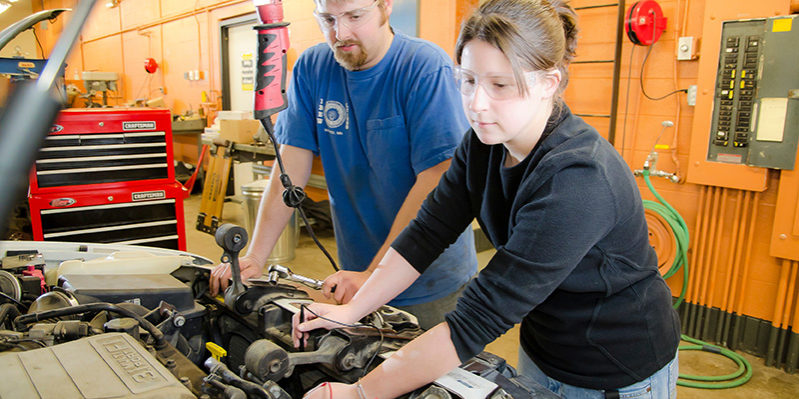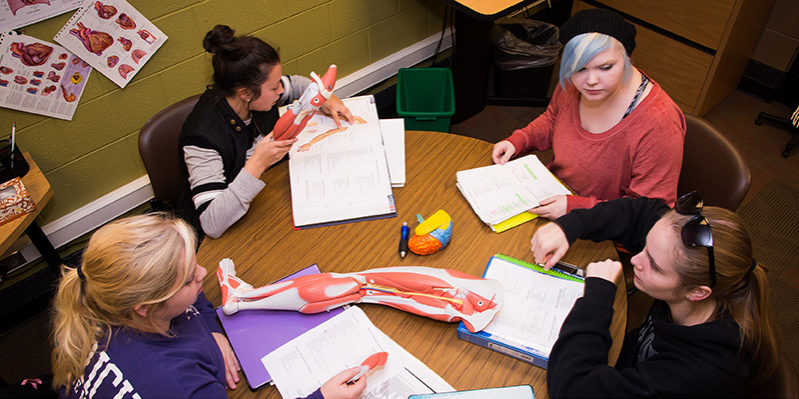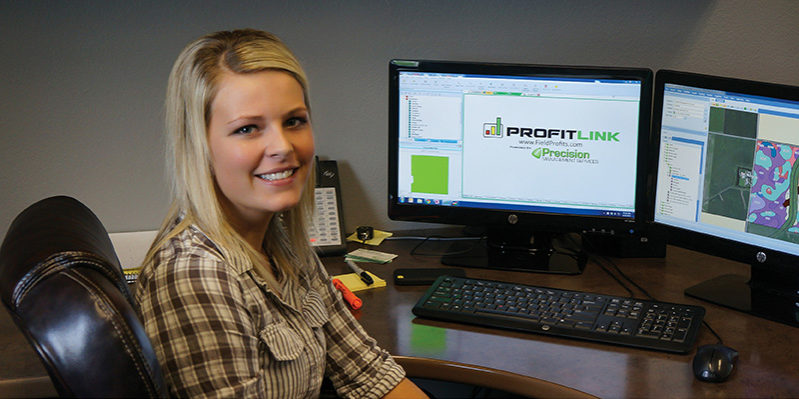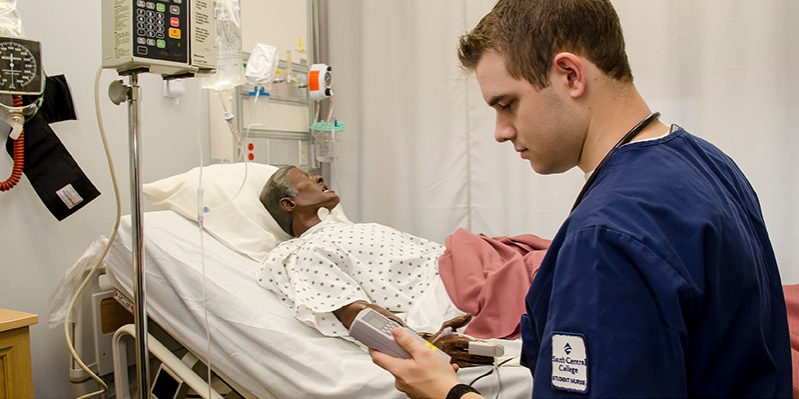
For those interested in vehicles, there are many career options that will satisfy even the most extreme gearhead. From automotive service to auto body and collision, these careers require more knowledge than ever before.
Obviously, the goal of an auto repair is to return the car to “like new” condition so it
will drive and look the same (or better) than it did before.
With computers being absorbed into the design and make-up of today’s cars, trucks, motorcycles and SUVs, receiving training from a qualified, certified program is a must to achieve success as a service professional in the auto industry. And to be most qualified for a career start in this exciting area, seek out programs that are aligned with industry standards for excellence.
Industry Alignment
There are career training services that provide curriculum standards and testing services for the auto industry. For instance I-CAR, the Inter-Industry Conference on Auto Collision Repair, considers it their mission that everyone in the collision repair industry have the information, knowledge and skills required to perform complete, safe and quality repairs for the ultimate benefit of their customers. Further, according to their website, if you’re not training on new technology, you’re falling behind.
I-CAR’s focus is to provide everyone involved in collision repair with access to high-quality, industry-recognized training solutions. I-CAR also encourages and supports ongoing conversations in the industry on issues that impact collision repair.
Professional-Grade Instructors
The level of expertise and certification that instructors have achieved will impact the level of technology they can teach confidently and proficiently. For this reason, continuing education is extremely important in high-tech learning environments like auto body and collision and automobile service.
Likewise, when gearing up for a career in Automotive Service, it’s imperative to select a program that participates in industry acceptable training standards. For instance, the automobile service program will be more highly considered as a credentialing body if it is evaluated and endorsed by the National Automotive Technicians Education Foundation (NATEF). Industry-experienced instructors should also be designated as Certified Master Technicians by Automotive Service Excellence (ASE).
The National Institute for Automotive Service Excellence sets the industry standard with its certification programs. This includes testing in various automotive systems. For each exam that is passed, along with the proper experience, an ASE Certification is awarded. ASE certified technicians have verified their competence and technical abilities in the automotive service industry – and they have the credentials to prove it.
Technology Driving Demand
The job market is hot for career minded automotive professionals. The immediate need for technicians will keep growing because the technology in today’s vehicles continues to accelerate.
The U.S. Department of Labor estimates the auto industry will have to fill 35,000 technician jobs each year through the end of this decade to keep up with demand. And the automotive technician’s job is one that simply cannot be outsourced to a foreign country.
This is a good position to be in when planning to enter a career area; especially if you intend to have upward mobility in the future.
Transportation
Love making things and making things work better? Rather get your hands dirty than work at a desk? Choose a career that keeps you busy building, repairing and improving transportation.
|
Programs |
MN Median |
Minnesota |
Potential Career Paths |
|
Auto Body & Collision Technology |
$21.02 |
$43,721 |
Auto Body Repair Technician |
|
Automotive Service |
$17.00 |
$35,360 |
Auto Mechanic Auto Service Technician |
*Starting salaries may be lower and more experience can demand higher levels of pay.
Source: Economic Modeling Specialists International (EMSI)





